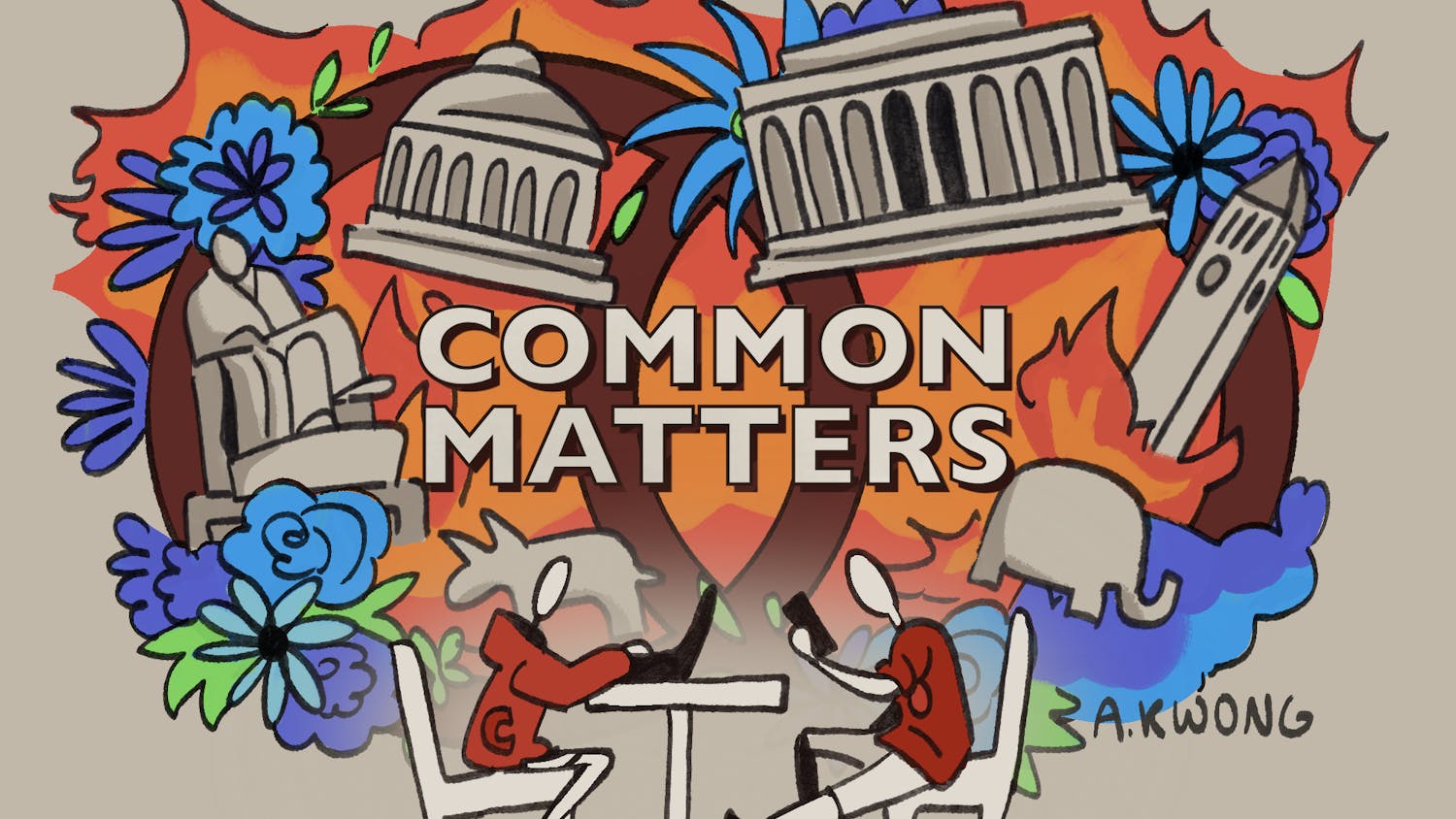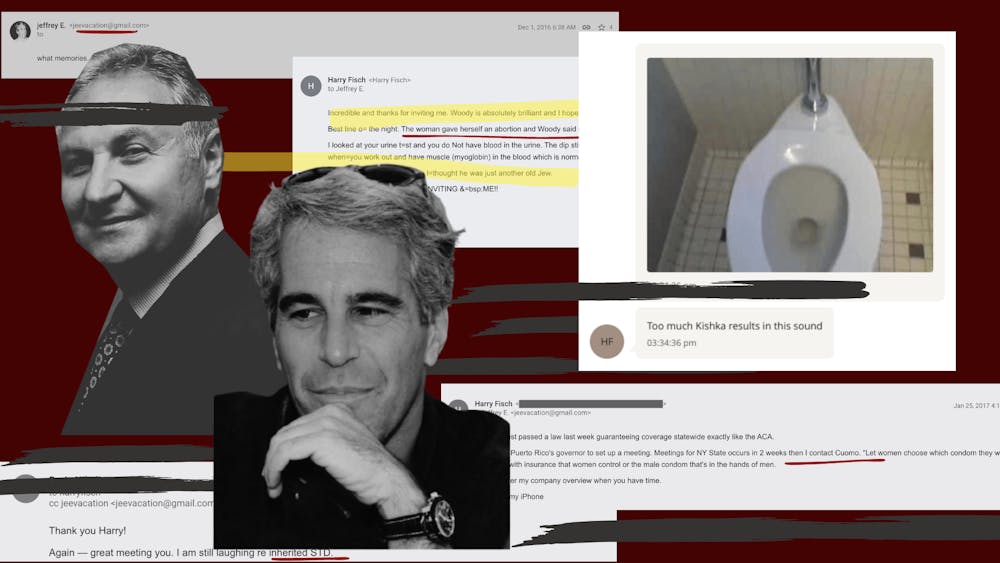As library workers, we are committed to individual civil liberties and human rights, especially the right to free expression as it is fundamental to our work in ensuring our community has the right to seek, receive, share and impart information and ideas. We oppose the Interim Expressive Activity Policy because it directly opposes library values, because historically activism and expression have been necessary to bring change to our campus and our libraries, and because the policy is incompatible with our professional ethics and morals.
The Library Bill of Rights supports the universal right to free expression and states that “Libraries should cooperate with all persons and groups concerned with resisting abridgment of free expression and free access to ideas.” An American Library Association interpretation of this standard states that we must oppose any “prerogative that leads to intimidation of individuals that prevents them from exercising their rights.”
We oppose Cornell’s “Interim Expressive Activity Policy” which places significant limitations on speech and expression across our campus, including in our libraries. This policy also enforces disciplinary action for members of our community, our students, and our patrons, which in turn threatens the values of intellectual freedom and intimidates students from exercising their right to impart ideas — which is antithetical to our work.
Historically, student activists have made way for change at Cornell. One of the most impactful moments on Cornell’s campus was the April 19, 1969, Willard Straight Hall Occupation. Students organized to occupy Willard Straight Hall as a protest about racial issues on campus. The takeover saw students of all racial backgrounds discuss race relations and higher education. Ultimately, the protest ended peacefully and paved the way for the development of the Africana Studies curriculum and the establishment of the Africana Studies & Research Center. Cornell’s John Henrik Clarke Africana Library is a direct connection to the progress activists brought about on campus. Africana Library, with the 15 other libraries that form the Cornell University Library, directly supports the University’s mission of “any person, any study.”
We also recognize the longer history of protests within libraries. Most notably, the Tougaloo Nine who entered the Jackson Public Library in protest to library segregation in 1961. Their activism played a large role in desegregating libraries. Libraries are often a site of protest given their role within communities and college campuses. Often described as a third space, libraries function as a town square or community space on campus. Thus, it is not difficult to understand why protests and civic action often occurs in libraries. These actions are also supported by library work and library workers. Library workers themselves also share a long history of civil disobedience in the name of their values. In one well-known example, library workers refused to comply with FBI’s demands to turn over patron borrowing histories without a subpoena and to abide by a lifetime gag order under the Patriot Act, in an effort to protect patron privacy and the freedom to read.
Furthermore, as librarians and archivists, we must preserve and make openly available records related to student activism. Libraries and archives do not exist in a bubble. Instead, librarians and archivists must support the universal right to free expression and access to the historical record. As it is the duty of the University Archives to preserve and promote the history of Cornell, the recent protests on campus, the Interim Expressive Activity Policy, comments and concerns about the policy, subsequent edits to the policy and the disciplinary actions taken against students for exercising their rights will be preserved in the historical record for future generations to review.
Finally, recent discussions about student protests and demonstrations have focused on how these lawful and protected acts of free expression have disrupted library operations, which is a distortion of the truth. The protests did not make any significant impacts on library operations. On the other hand, this interim policy certainly does. The new interim policy relies on staff for enforcement, thereby requiring library workers to police our patrons. This approach makes the library an unwelcoming space, particularly for marginalized and historically excluded patrons whom this policy is most deeply affecting. Moreover, the reliance on staff enforcement requires non-academic staff to shoulder the bulk of this work.
Not only does this policy pull library workers away from their demanding core work, it also forces library workers to make an impossible decision. We can choose to help enforce the policy, which will disrupt our work and violate our professional principles. Or we can refuse to enforce the policy, in keeping with our principles, which has unknown and possibly dire consequences for our continued employment.
In closing, as library workers, we have a commitment to upholding the ethics and commitments central to our profession, which include democracy, privacy and justice. In Cornell University Library’s Commitment to Privacy statement, we vow to “[safeguard] the intellectual freedom and privacy of Cornell’s students, faculty, and staff.” The Interim Expressive Activities policy stands at odds with this vow, as it requires us to surveil and police our patrons, to hinder civil discourse and the right to assemble and to champion censorship over intellectual freedom and information access. Thus, as library workers, we oppose the Interim Expressive Activity Policy.
Natasha Bishop, Research & Evidence Synthesis Librarian, Albert R. Mann Library
Adam Chandler, Director, Automation, User Experience, & Post-Cataloging Services, Olin Library
Laura E. Daniels, Assistant Director, Metadata Production; Acting Director, Cataloging & Metadata Services, Olin Library
Jim DelRosso, Assistant Director, Catherwood Library
Reanna Esmail, Lead Librarian for Instruction, Olin Library
Robin Gee, Critical Pedagogy & Equity Librarian, Albert R. Mann Library
Tobi Hines, Head of Operations & Outreach, Albert R. Mann Library
Julia Mizutani, Research, Instruction, & Liaison Librarian, Law Library
Maddie Reynolds, Outreach & Information Services Librarian, Olin Library
Ashley Shea, Head of Instruction Initiatives, Albert R. Mann Library
Ben Wrubel, Processing Archivist, Kheel Center for Labor-Management Documentation & Archives
With supporting signatures from other library workers.
The Cornell Daily Sun is interested in publishing a broad and diverse set of content from the Cornell and greater Ithaca community. We want to hear what you have to say about this topic or any of our pieces. Here are some guidelines on how to submit. And here’s our email: associate-editor@cornellsun.com.











